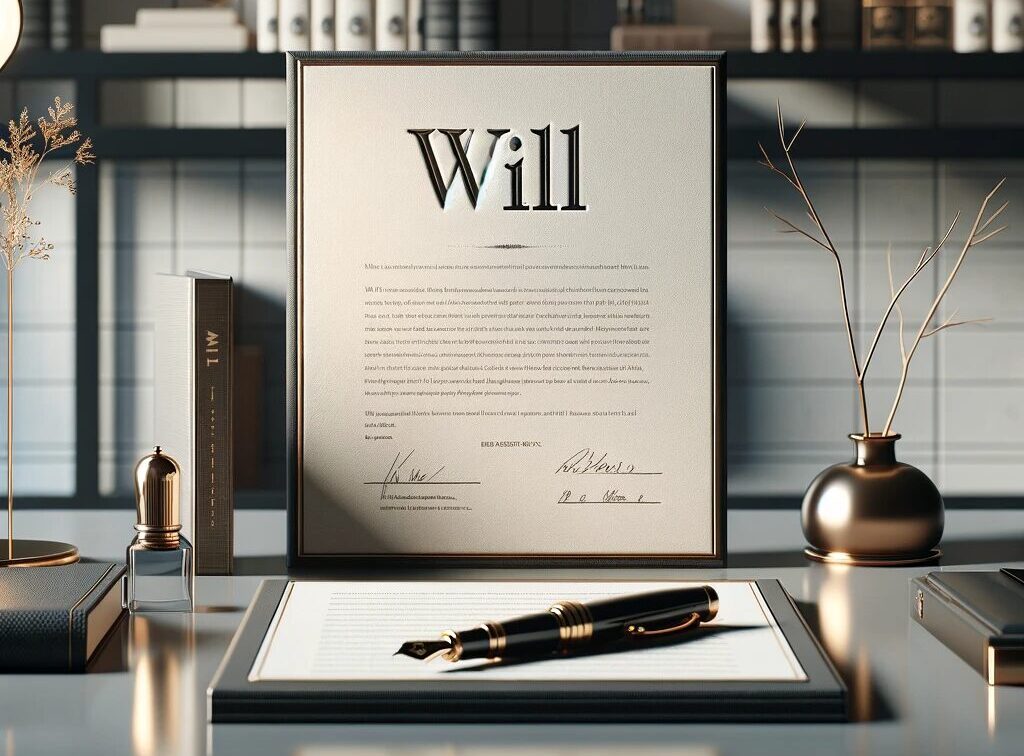It’s crucial to pause and think about the future. One of the most significant steps in future planning is drafting a will. While many might consider it a task for the distant future, the intricacies of estate law highlight its immediate importance. Here’s why everyone should have a will:
Protection of Assets in NSW: Sydney’s dynamic property market means many residents have significant assets. Estate law in NSW ensures that, with a valid will, these assets are distributed according to your wishes, safeguarding against potential disputes among beneficiaries.
The Consequences of Intestacy in NSW: Dying without a will in NSW results in an intestate estate. The Succession Act 2006 (NSW) then dictates the distribution of assets, which may not align with the deceased’s wishes, leading to potential family disputes as well as increased costs.
Efficient Probate Process: A clear and legally sound will can expedite the probate process in NSW. It provides clarity to executors, ensuring assets are distributed without unnecessary legal complications.
Charitable Contributions: A will allows a person to leave a legacy in the form of charitable donations, ensuring their philanthropic desires are met under NSW law.
Peace of Mind with NSW Regulations: Drafting a will in compliance with NSW laws provides peace of mind. It ensures that your wishes align with the legal requirements of the state, guaranteeing their execution.
The Need For Professional Assistance in NSW
Estate law in NSW is intricate. While DIY will kits are available, they might not capture the complexities of individual situations or the specific requirements of NSW law. A minor oversight can render a will invalid or lead to unintended legal consequences and costs.
It’s advisable to consult with a local legal firm familiar with NSW estate laws. Our team at Redmond Hale Simpson is well-versed in the nuances of estate planning in Sydney and we’re here to guide you through this process.
Most legally drafted will typically start from $400 and increases depending on the complexity.
Contact Us to find out more.

